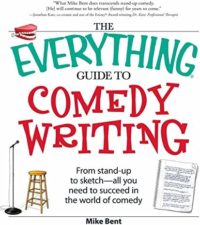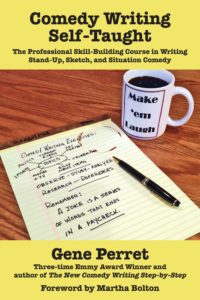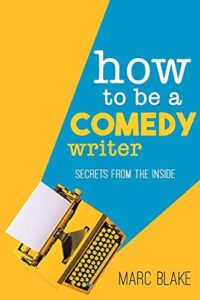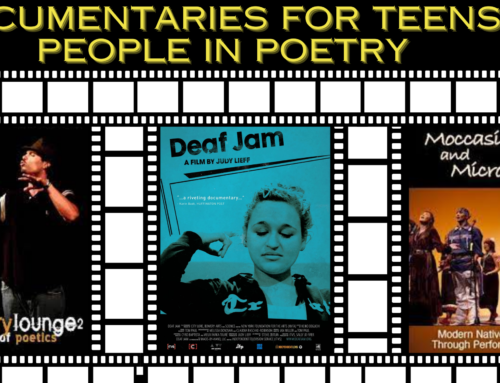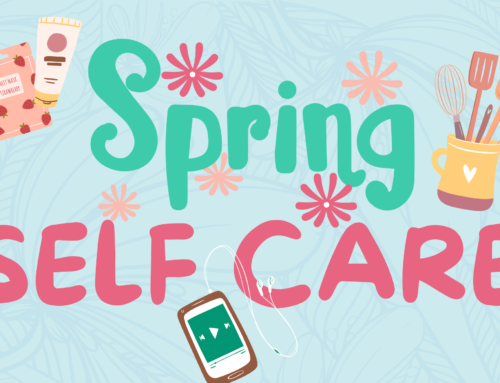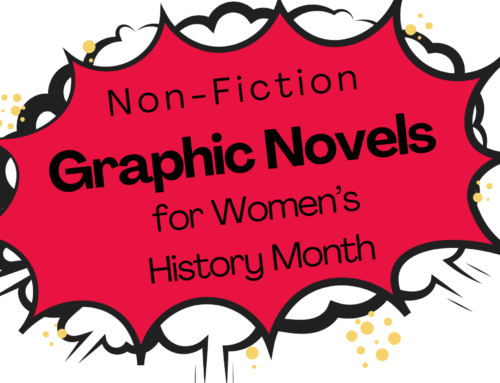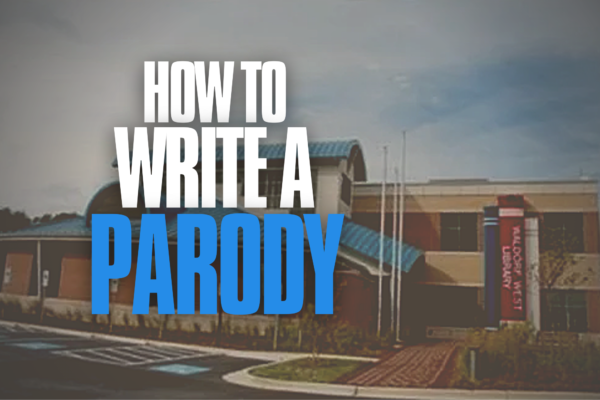
If you enjoy shows like “Saturday Night Live,” then you are most likely a fan of parody.
What is parody?
“A parody is a composition that imitates the style of another composition, normally for comic effect and often by applying that style to an outlandish or inappropriate subject.” (EX: Pride and Prejudice and Zombies by Seth Grahame-Smith)
What’s the difference between parody and satire? | Cliff Notes
The Charles County Public Library recently posted its own parody of “The Office.” Our video, “The Library,” is a look at a day in the life of Waldorf West.
Have you thought about doing a parody of something in your life? Some examples could include:
And the list goes on!
If you would like to create your own parody, here is a list of tips that might help you.
- Pick your topic carefully. Make sure it is something to which most people can relate. Writing about something your little brother did can be fun to you, but others may not get it. Instead, write about little brothers in general. At the same time, you might also want to avoid anything too controversial, like politics and hot-button topics unless you are confident you can explain and defend your work.
- Look closely at your source material. Search for anything weird, funny, or something you can make fun of.
- Always use a main character or characters. Navigating through this new silly world makes it easier with characters we can identify with. You should have at least one main character, or there could be multiple characters. In “The Library,” we used multiple characters that address the camera like in “The Office” so you can see this world through their eyes. You can also create a parodied character from your source material. For example, You could make a Batman-like character called Ratman, who is dressed more like a rat. Or perhaps Indiana Bones, an archaeologist who never finds anything exciting, just bones.
- Write everything. Write everything down you can think of. You can start with a list of gags, and then work them into the story. Or you can start writing the story and add jokes to it. Regardless of your personal style, write it all down. You can fix it later. Screenwriter Art Arthur once said, “Don’t get it right, get it written.”
- First drafts are never golden. Don’t be afraid to edit your work. Give it to a friend or colleague you trust to give their honest opinion. Do this with several people. Take their notes seriously. It’s okay to disagree. But if you get the same notes from three different people, there is something that might need to be fixed.
One final note:
In the United States, parody is protected by the First Amendment as a form of expression. However, since parodies rely heavily on the original work, parodists rely on the fair use exception to combat claims of copyright infringement. The fair use exception is governed by the factors enumerated in section 107 of the Copyright Act: (1) the purpose and character of the use; (2) the nature of the original work; (3) the amount and substantiality of the original work used; and (4) the effect on the market value of the original work. Generally, courts are more likely to find that a parody qualifies as fair use if its purpose is to serve as a social commentary and not for purely commercial gain.
Parody | Cornell Law School Legal Information Institute
This means that you are protected by the law when using parody, as long as you are using it as social commentary and not purely to make money off of it (although many do!).
Writing a parody can be a lot of fun. Good luck with yours, and please feel free to share it with us!
Here are some more resources on writing comedy:
The Everything Guide to Comedy Writing: From Stand-up to Sketch– All you Need to Succeed in the World of Comedy by Mike Bent
With this guide, aspiring comics will learn to navigate the complex world of comedy writing. Discover how to tap into your natural sense of humor through real-life examples and hands-on skill-building exercises. Learn the best ways to come up with ideas and write comedy that gets laughs–every time! Mike Bent, an accomplished stand-up comedian and teacher, provides the inside scoop on techniques to jump-start your comedy writing career, including how to:
- Develop comic characters for sketches and scenes
- Create and polish a standup routine
- Write for TV and movies
- Use the web to advance your comedy career
Everyone loves a comedian. But breaking into this tough field is no laughing matter. After sharpening your comedy-writing skills with this practical (and funny!) guide, you’ll feel comfortable adding humor to everyday situations and may even take a chance on your dream job in show business!
Comedy Writing Self-Taught by Gene Perret
The Professional Skill-Building Course in Writing Stand-Up, Sketch, and Situation Comedy
In “Comedy Writing Self-Taught,” Perret (a legendary comedy writing teacher as well as a famous TV comedy writer and producer) teaches aspiring comedy writers how they can teach themselves the essential principles of comedy writing through comedy analysis and writing exercises. Covering the essential principles of writing stand-up comedy, sketch comedy, and TV situation comedy, “Comedy Writing Self-Taught” is professional level training from a master who has spent decades at the very top of the entertainment industry. Expressly designed for home self-study, “Comedy Writing Self-Taught” teaches that the most effective way to learn is to create comedy yourself. Perret teaches how to analyze the work of professional comedians to learn the principles of comedy and presents a full set of writing exercises to hone one’s skills. A companion workbook provides even more comedy writing exercises, giving readers the equivalent of a master class in comedy.
How To Be A Comedy Writer by Marc Blake
Think you’re funny? Writing successful comedy isn’t just about having a gift for gags; you need to hone your talent and polish your humor to earn a living from making people laugh. If you want to write stand-up comedy, sketches, sitcoms or even a comic novel or film, How to be a Comedy Writer tells you all you need to know and more about the business, the structure of jokes and the nuts and bolts of a craft that can be learnt. This new ebook edition has been specially formatted for today’s e-readers.

